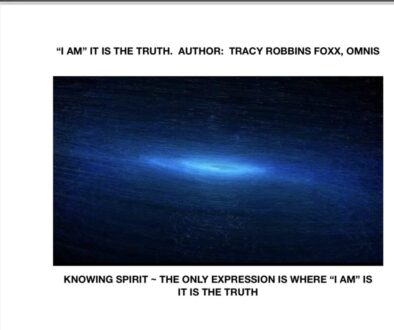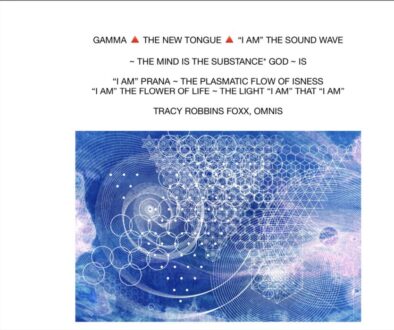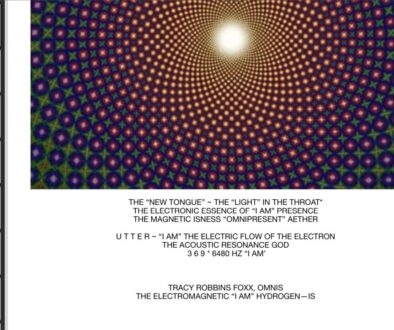Hildegard von Bingen (1098-1179)
?
INTRODUCTION
Hildegard of Bingen (1098-1179) was a remarkable woman, a “first” in many fields. At a time when few women wrote, Hildegard, known as “Sybil of the Rhine”, produced major works of theology and visionary writings. When few women were accorded respect, she was consulted by and advised bishops, popes, and kings. She used the curative powers of natural objects for healing, and wrote treatises about natural history and medicinal uses of plants, animals, trees and stones. She is the first composer whose biography is known. She founded a vibrant convent, where her musical plays were performed. Although not yet canonized, Hildegard has been beatified, and is frequently referred to as St. Hildegard. Revival of interest in this extraordinary woman of the middle ages was initiated by musicologists and historians of science and religion. Less fortunately, Hildegard’s visions and music had been hijacked by the New Age movement, whose music bears some resemblance to Hildegard’s ethereal airs. Her story is important to all students of medieval history and culture and an inspirational account of an irresisible spirit and vibrant intellect overcoming social, physical, cultural, gender barriers to achieve timeless transcendence.
-FORDHAM UNIVERSITY



